MercoPress. South Atlantic News Agency
Tag: poverty
-
Wednesday, February 16th 2011 - 00:32 UTC
World Bank food prices index jumps 15% in four months, just below 2008 record
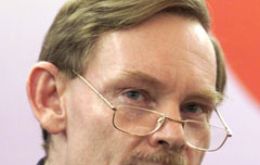
Rising food prices have driven an estimated 44 million people into poverty in developing countries since last June as food costs continue to rise to near 2008 levels, according to new World Bank Group numbers released ahead of the G20 Meeting of Finance Ministers and Central Bank Governors in Paris.
-
Thursday, February 3rd 2011 - 22:17 UTC
Brazil to provide free medicines for high blood pressure and diabetes

Brazil is to provide free medicines for everyone suffering from high blood pressure or diabetes. The drugs will be distributed as of next month through a nationwide network of budget pharmacies, where many medicines are already heavily subsidised.
-
Monday, January 24th 2011 - 19:31 UTC
Three of Every Ten Argentines Are Poor

Three of every ten Argentines fall below the poverty line, 30.9% of the population, Ecolatina consultants said and they warned that “if prices continue to increase, it will be difficult for poor people’s income to beat inflation.”
-
Monday, December 20th 2010 - 06:09 UTC
Which are the countries most effective in reducing poverty and inequality?

Argentina, Brazil, Bolivia and Venezuela are the countries which most reduced inequality and poverty during the last decade in Latinamerica, according to Alicia Bárcena, executive secretary from the United Nations Economic Commission for Latin America and the Caribbean, Cepal.
-
Tuesday, November 9th 2010 - 01:10 UTC
Study reveals Chilean insensitivity to one of the country’s main problems, poverty
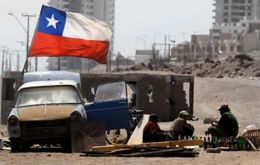
A recent study shows Chileans’ low sensitivity to one of the nation’s biggest problems—poverty. Despite that 58.8% of Chileans say they believe poverty to be one of the country’s biggest problems only 15.3% say they feel responsible for the low quality of life of those who have limited resources.
-
Monday, November 8th 2010 - 03:06 UTC
Rural poverty remains strong in Latin America in spite of agriculture boom
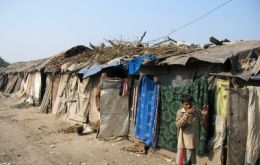
Agriculture in Latin America and the Caribbean has had a dynamic development growth during this decade but it has not been sufficient to reduce rural poverty in the region according to a report from FAO and the UN Economic Commission for Latin America and the Caribbean, Cepal.
-
Thursday, September 16th 2010 - 22:57 UTC
Poverty rate and number of millionaires in the US soaring
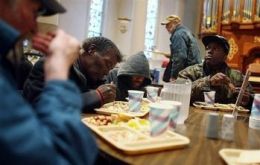
The poverty rate in the United States rose for the third straight year, reading 14.3% in 2009 (one in seven), up from 13.2% a year earlier. More than 43 million people are living in poverty and almost 51 million have no health insurance coverage.
-
Monday, August 30th 2010 - 19:24 UTC
Survey shows 3.7% of Chilean population lives in extreme poverty
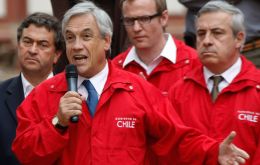
A survey carried out in December 2009 found that Chile has 634,328 people (3.7% of the population) living in extreme poverty. Since 2006 this percentage has gone up by 0.5%, the first increase since 1990. Those affected are mainly in rural areas.
-
Friday, July 16th 2010 - 03:18 UTC
Two and a half million Chileans live below the poverty line
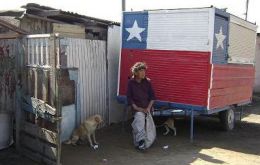
The numbers are startling: two and a half million Chileans are currently living below the poverty line, according to a new study by the Caracterización Socioeconómica Nacional (CASEN) 2009.
-
Thursday, June 24th 2010 - 05:45 UTC
UN reports advances in cutting extreme poverty
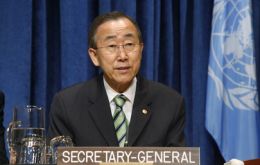
The United Nations Secretary-General said Wednesday that despite the international food, fuel and financial crises, there has been progress toward meeting the Millennium Development Goals, or MDGs, of cutting extreme poverty in half by 2015.
